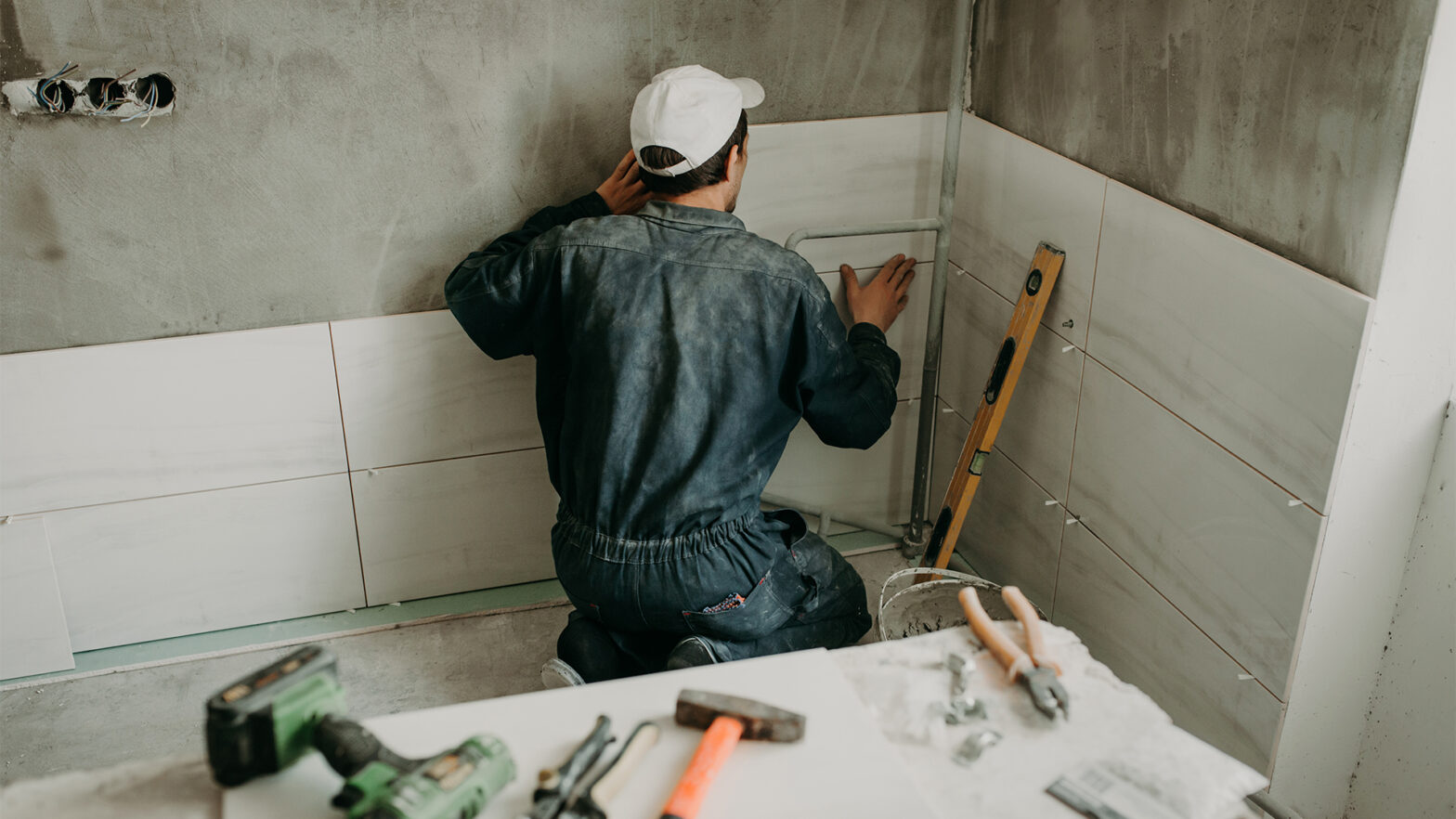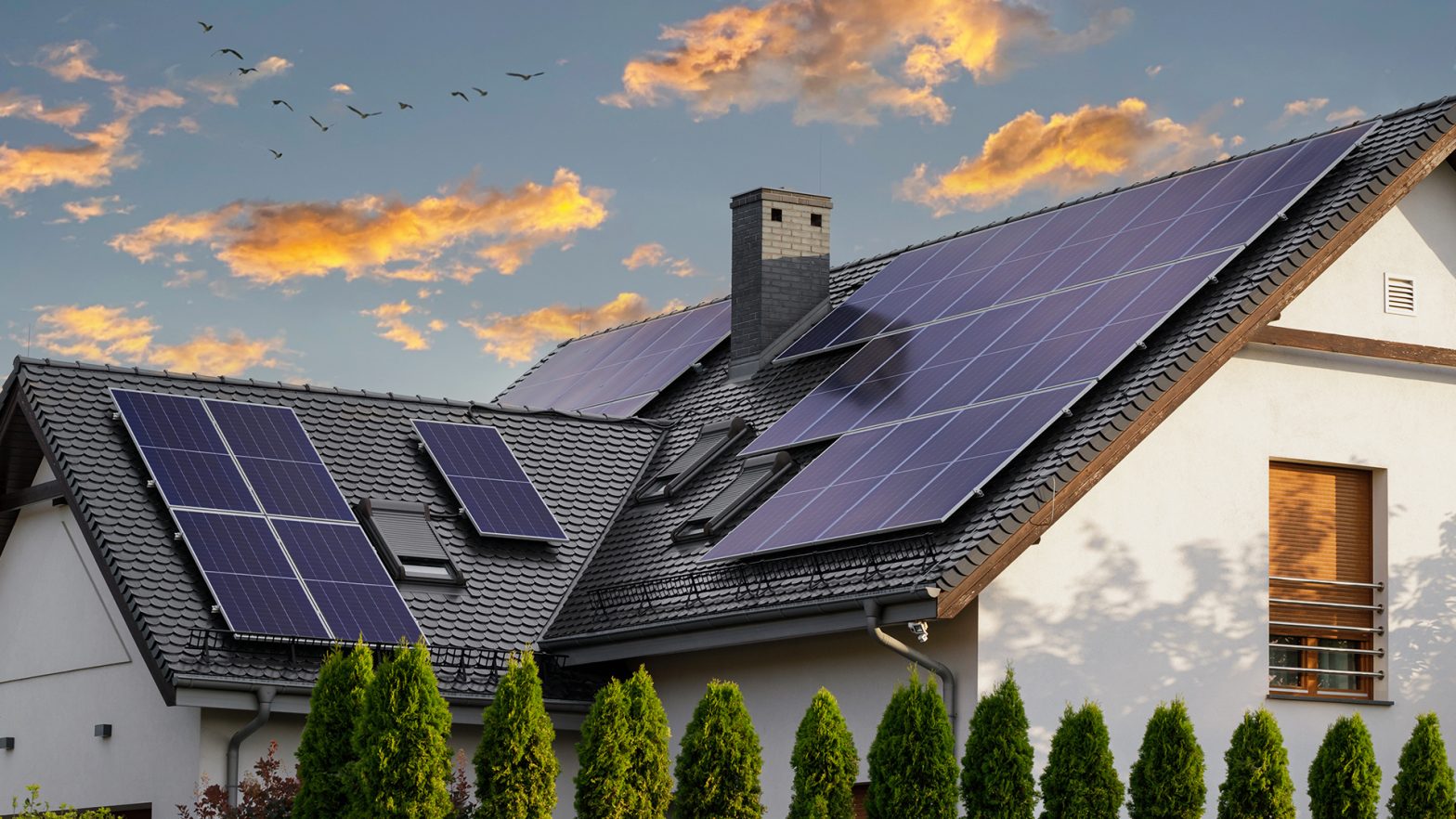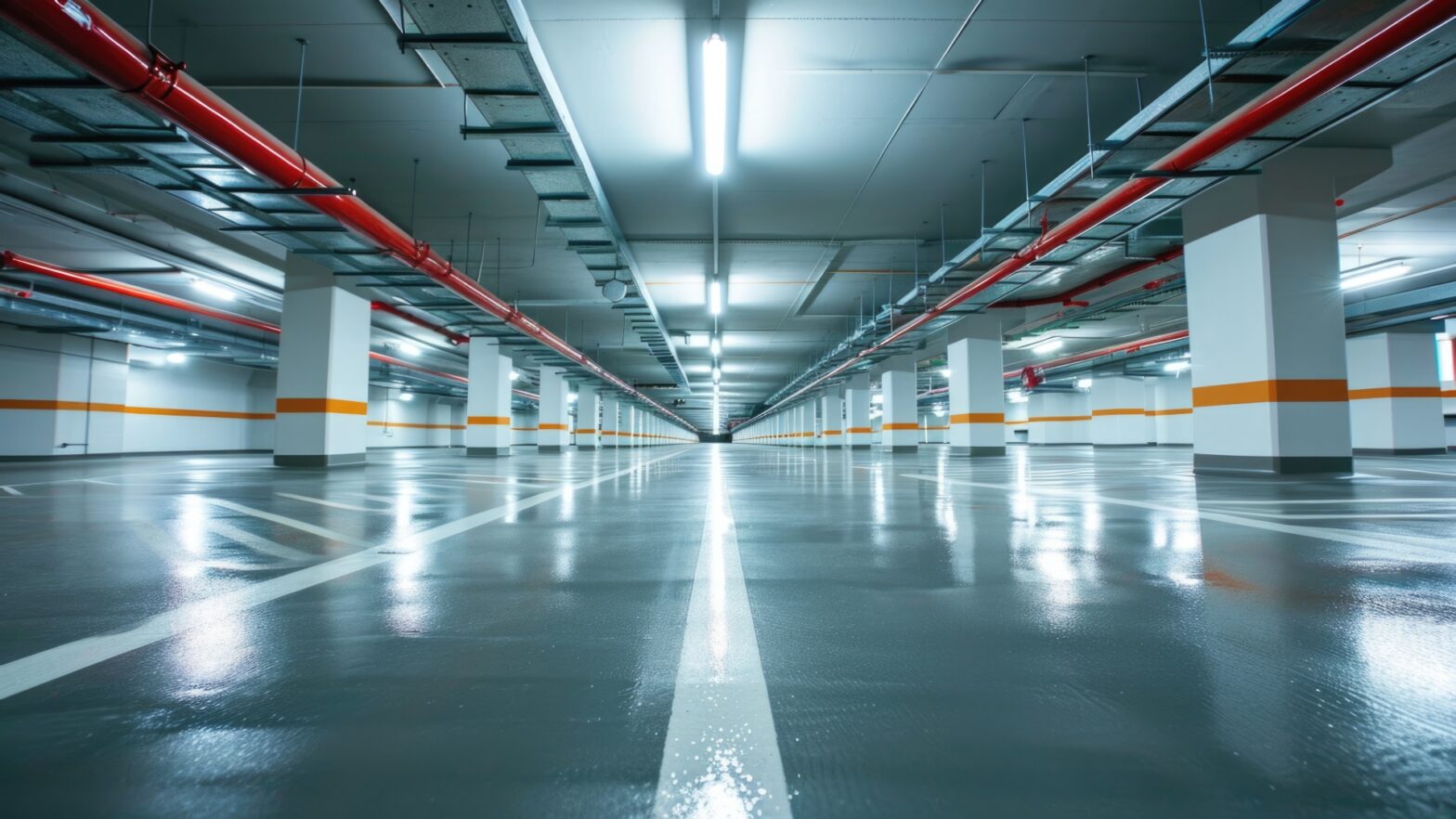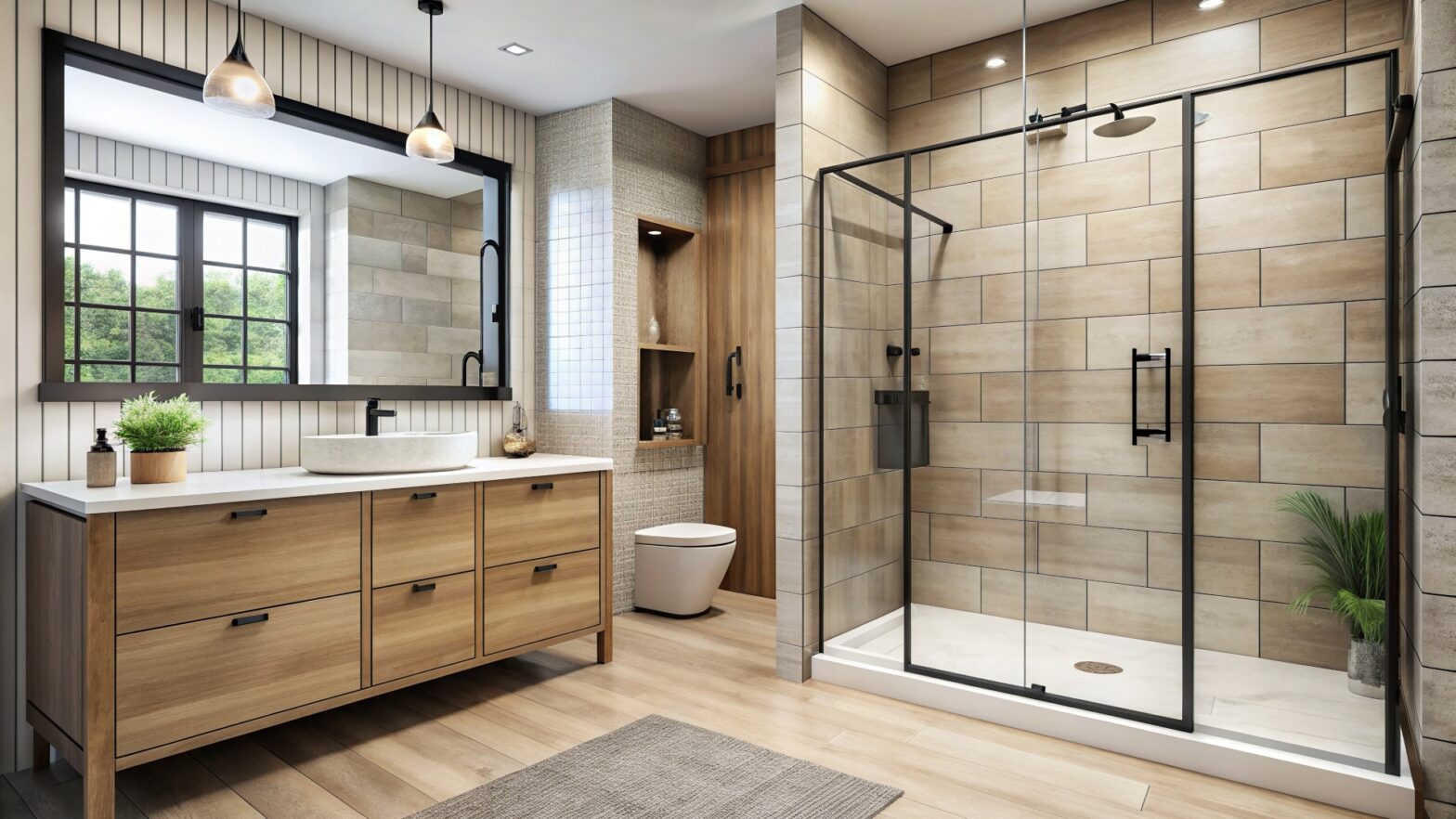When it comes to managing your office, you might think that there are more important things to consider than whether your HVAC system is working optimally. Yes, it is a good idea to have a sensible temperature in the office, but for the most part isn’t good quality HVAC a luxury more than an essential?
Well, in more ways than ever, good HVAC management has become a crucial part of running your office in a way that is efficient, effective, and productive. Firstly, there is now significant evidence to show that temperature plays a crucial role in productivity. An overly hot working environment can, for example, reduce brain power by around 50%.
Additionally, with energy costs rising, it has never been more important for offices to be highly efficient in all of their systems. As such, now is the time to really take a close look at your HVAC system to establish how you can make upgrades and improvements that will benefit your business in the long term.
In this article, we take a look at how you can plan more efficient HVAC systems for your office.
The impact of an inefficient HVAC system
If your office’s HVAC system is not operating efficiently, you may be losing a substantial amount of energy and money. For example, leaks in air ducts or poor insulation can mean that heating or cooling efforts are wasted. In addition, outdated equipment or systems can consume more energy than necessary, driving up energy costs. These costs can add up quickly, especially for large office buildings, and can lead to a significant drain on the budget.
Moreover, the impact of energy waste goes beyond the office’s bottom line. The increased energy consumption from inefficient HVAC systems contributes to carbon emissions, which have a negative impact on the environment. By reducing energy waste through efficient HVAC solutions, offices can not only cut down on expenses but also reduce their carbon footprint and contribute to a more sustainable future.
According to HVAC specialists BSE 3D, there can be more significant problems than just inefficiency: “At best, an incorrectly designed or specified system can be ineffective and expensive, costing significantly more money to run while failing to properly control the air within the building. At worst, poor design can cause frequent maintenance problems and premature system failure.”
The steps to a more efficient HVAC solution
Thankfully, there are several steps offices can take to improve the efficiency of their HVAC systems. By following these steps, offices can reduce energy waste, cut down on expenses, and create a more comfortable and productive work environment.
- Schedule regular maintenance
One of the most important steps offices can take to improve HVAC efficiency is to schedule regular maintenance. Actively managing a consistent maintenance plan can help catch potential problems before they become major issues and ensure that your HVAC system is operating at its best. Some tasks that should be included in regular maintenance checks include cleaning air filters, inspecting ducts for leaks, checking refrigerant levels, and testing controls.
- Upgrade your equipment
Upgrading to more efficient HVAC equipment is another important step that offices can take to improve efficiency. Newer equipment is often more energy-efficient and can provide more precise temperature control. This can lead to reduced energy consumption and lower costs over time. Examples of more efficient HVAC solutions include variable-speed air handlers, high-efficiency boilers, and smart thermostats.
- Implement smart controls
Smart controls, such as programmable thermostats and occupancy sensors, can also improve HVAC efficiency. These controls can automatically adjust temperature settings based on occupancy or time of day, which can help reduce energy waste. In addition, smart controls can provide more precise temperature control, which in turn leads to increased comfort for employees.
Eco-friendly upgrades
While scheduling maintenance, upgrading equipment, and implementing smart controls can all improve the efficiency of an office’s HVAC system, there are additional steps that can be taken to make the system even more eco-friendly. Here are a few options to consider:
- Solar power – installing solar panels to power an office’s HVAC system can help reduce energy costs and carbon emissions. By generating renewable energy on-site, offices can rely less on traditional power sources and contribute to a more sustainable future.
- Geothermal heating and cooling – another option to consider is geothermal heating and cooling. This technology uses the stable temperature of the ground to heat and cool a building, reducing the need for traditional heating and cooling methods. While installation costs can be high, long-term energy savings can make it a worthwhile investment.
- Reclaimed heat – offices can also consider using reclaimed heat to supplement their HVAC systems. Reclaimed heat is generated by sources such as data centres, server rooms, and other equipment. By capturing this heat and using it to supplement heating needs, offices can reduce their reliance on traditional heating methods.
By implementing these eco-friendly improvements, offices can further reduce their energy waste and carbon emissions. While these solutions may require an initial investment, the long-term benefits can be significant both for the environment and the bottom line.
Having a more efficient HVAC system in place can not only reduce the amount of money you spend on heating and cooling the air in your building, but it can also provide a better environment for your staff and anyone who visits your premises. As we have discussed above, it can also ensure that you are contributing to a reduction in your carbon emissions and being more effective from an environmental perspective.
































